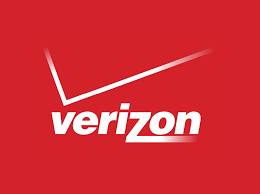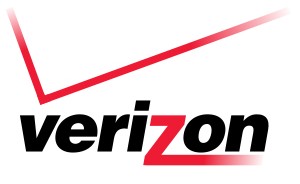100G Technology Increases Network Capacity, Reliability and Performance in High-Growth Region
Verizon has deployed 100G technology on its network in Japan, Singapore and Hong Kong, connecting these three locations and further extending 100G technology on the Verizon global network.
 This deployment, which used the Fujitsu Flashwave 9500 ROADM and Ciena 5430 Reconfigurable Switching System, added approximately 11,681 terrestrial and submarine miles (18,800 kilometers) to the company’s extensive 100G network. These additional miles add to the more than 32,000 100G miles already deployed on Verizon’s U.S. network and 8,500 100G miles on its European network.
This deployment, which used the Fujitsu Flashwave 9500 ROADM and Ciena 5430 Reconfigurable Switching System, added approximately 11,681 terrestrial and submarine miles (18,800 kilometers) to the company’s extensive 100G network. These additional miles add to the more than 32,000 100G miles already deployed on Verizon’s U.S. network and 8,500 100G miles on its European network.
“Like other regions in the world, the Asia-Pacific region is seeing solid traffic growth from such drivers as cloud services, over-the-top video and unified services,” said Helen Wong, director of Asia-Pacific products for Verizon. “By deploying 100G, Verizon stays ahead of its global customers’ increasing demand for bandwidth while improving quality and increasing the efficiency of our global network.”
The 100G technology combines a superior level of performance with the flexibility to meet growing traffic demand and enterprise customer requirements. By implementing advanced fiber-optic technology on the current fiber system, up to 10 times the amount of network traffic can be carried on a standard route, allowing for better use of the existing fiber infrastructure. Additional efficiencies are gained from 100G technology because of its ability to carry traffic on a single 100G wavelength instead of 10 individual wavelengths operating at the current standard of 10 gigabits per second.
In Verizon’s recently issued “Enterprise Technology Trends for 2015,” the company emphasized the growing demands of data, cloud, video and mobile solutions that require increasingly agile and scalable enterprise networks. Enterprise customers increasingly leverage innovations such as virtualization, automation and optical-network technology that improve network efficiency and reliability and are critical to networks handling massive growth. In addition, Verizon’s recent Secure Cloud Interconnect agreements with Google, Salesforce, HP, Microsoft and Amazon Web Services are expected to fuel the demand for 100G connections between the Asia-Pacific region, Europe and the U.S.
“With this latest 100G technology deployment, Verizon enterprise customers doing business in the Asia-Pacific region can depend on us to deliver the bandwidth, performance and reliability necessary to remain competitive in the fast-paced world of international business,” said Wong.
A technology leader, Verizon was the first carrier to deploy 100G technology on an ultra-long-haul optical system in the U.S. in 2011.
Verizon Communications Inc. (NYSE, Nasdaq: VZ), headquartered in New York, is a global leader in delivering broadband and other wireless and wireline communications services to consumer, business, government and wholesale customers. Verizon Wireless operates America’s most reliable wireless network, with more than 106 million retail connections nationwide. Verizon also provides converged communications, information and entertainment services over America’s most advanced fiber-optic network, and delivers integrated business solutions to customers in more than 150 countries. A Dow 30 company with more than $120 billion in 2013 revenues, Verizon employs a diverse workforce of 178,500. For more information, visit www.verizon.com/news/.







